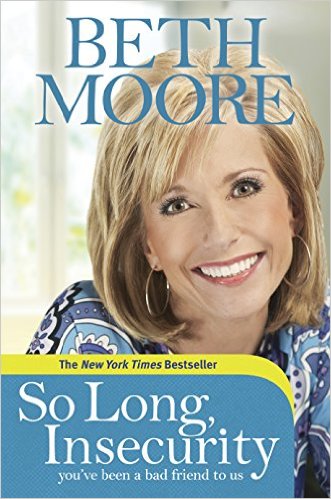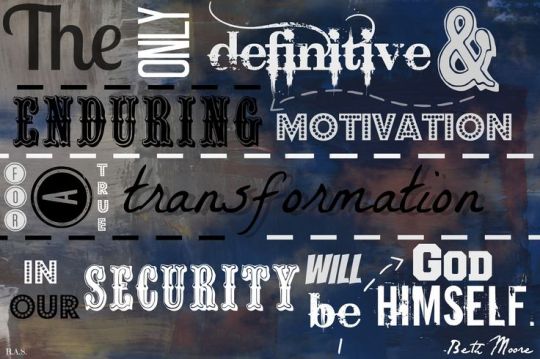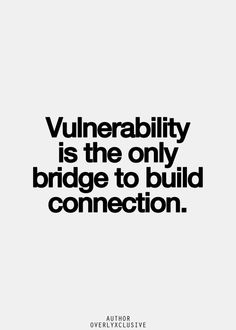Bookworm Wednesday: April
It’s Bookworm Wednesday! The first Wednesday of every month we all blog about our reads, include this graphic below, and link back to Katie and I!

Then you can go through the links to get ideas from others on what to read next 🙂
2016 Bookworm Wednesday dates:
May 4th
June 1st
July 6th
August 3rd
September 7th
October 5th
November 2nd
December 7th
This month I read two books. Well, really just one book because the other one has been a couple months in the making but March is when I finished it.
Ahhh book #1, Reshaping It All by Candace Cameron Bure was finished within days. I read while I took a bubble bath…am I the only one? Say you do too.

And when I was hanging out with my grandpa…
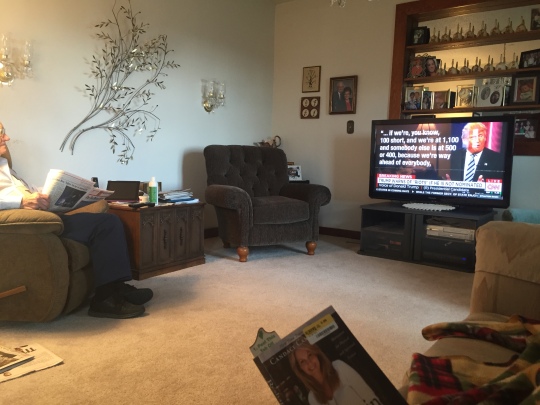
And in the airport. If I can get excited about a book, there’s no stopping me!
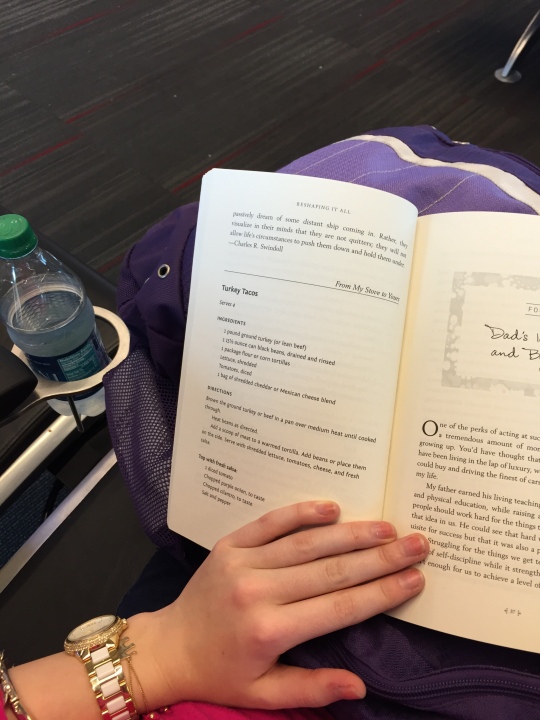
Speaking of excited, I was so excited to read this book that I may have driven to the next town over the night before I left for vacation because they were the only store that had it in stock. I mean, we all know by now that I love me some Candace Cameron Bure. After all, I would invite her on my talk show. I have already read Balancing It All

along with Dancing Through Life.
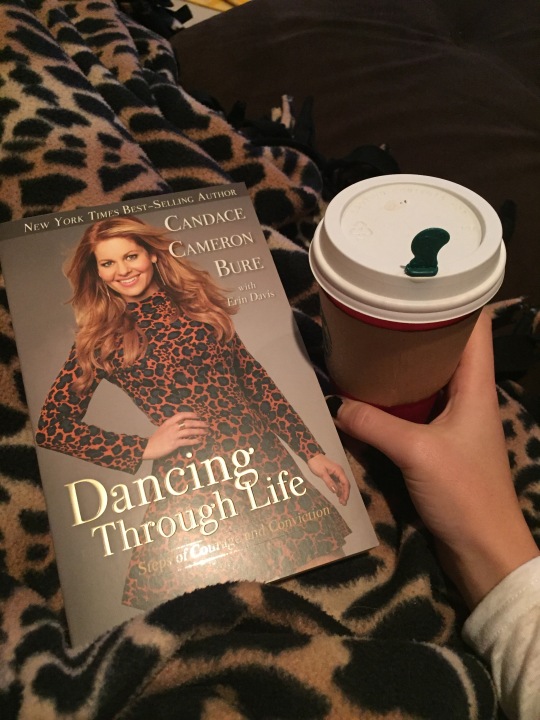
To see what I thought about those, click here.
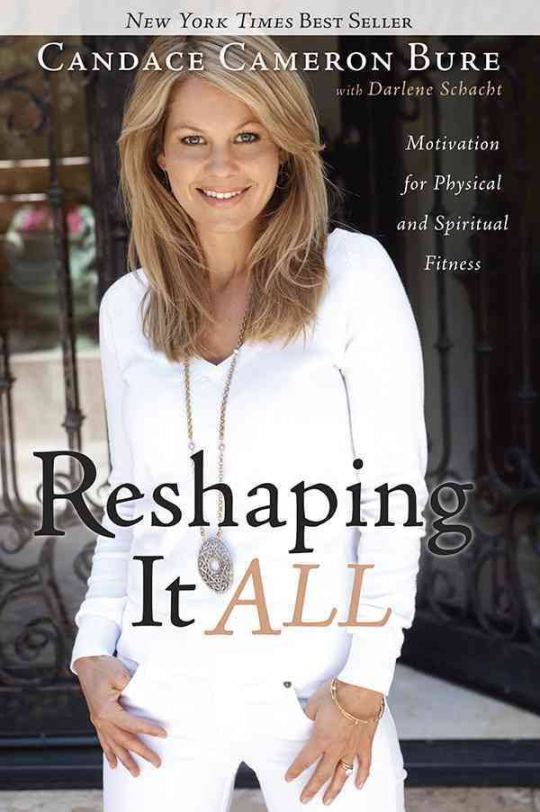
As for Reshaping It All…I think I had higher expectations for it that it really didn’t measure up to. I was really excited about this one because I remembered reading in one of her other books that she really dove into her struggle with an eating disorder, so I thought that’s what it was really going to be about. Candace definitely touched on the subject but it wasn’t as in depth as I was hoping for. When I think back on this book I remember her talking the most about her parents, how she was raised, and how that affected her physical life (and really all parts of her life). She too struggled with insecurity, body image, etc. like a lot of us so it was nice to see how she put that into perspective with her faith.
There were also parts at the end of the chapters where she wrote famous quotes and Bible verses and to be honest, I just skipped over them. I really wanted to read the content. I loved that she included recipes at the end of every chapter though!
Overall, if you’re a Candace fan I would definitely recommend you read it because you still learn about her and her life, but if you’re not a Candace fan you probably won’t find it very interesting.
The other book that I read was for my online Bible study: So Long, Insecurity which was over the series of two months.
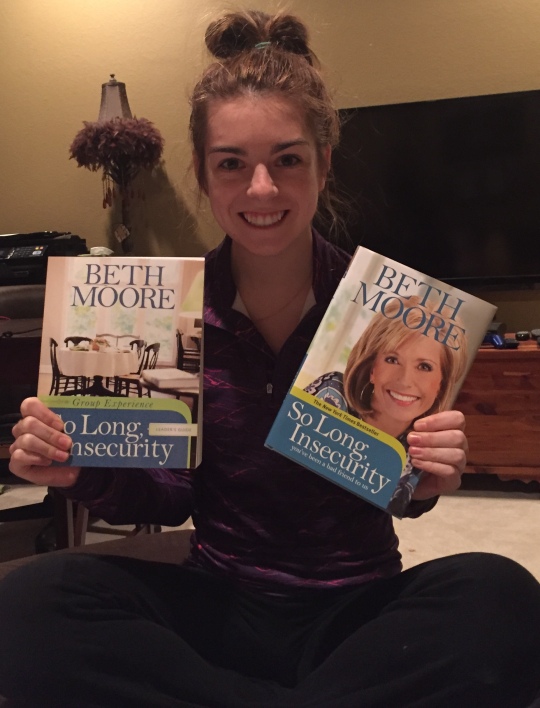
My Thoughts:
There was soooooooo much content. It was good information, but when you’re doing the study for 10 weeks and you have to read 2 chapters a week it gets to be a little much. This personally moved too fast for me and my liking. Since I can’t cut down the size of the book, I would spread the study out more. I thought there were a couple times it felt like Beth was rambling.
On the other hand, I loved what Beth had to say. I found myself thinking “oh my gosh she’s right” a lot of the time. Beth had a lot of interesting points and I love that she pulled stories of other women into the book as well. There are so many of us that struggle with this ugly beast and it’s so heartbreaking. There were also a lot of verses mentioned that I wrote down and will refer to again. I am planning to put them in the back of my Bible.
OBS Participant Thoughts:
I sent out a survey to everyone who participated in the study to see what they thought. My opinion is one thing, but I also wanted to get the opinions of everyone else who participated.
100% of the survey participants thought it was a good study overall and would recommend it to a friend.
Here’s a few things that our OBS participants liked:
- The message was something I really need in my life.
- I liked the book that was chosen a lot. It was very relatable with good examples.
- I found myself agreeing with what the author said very often and I could apply different scenarios to my own life.
Here’s a few things our OBS participants didn’t like as much:
- I like studies that have questions that you can fill in throughout the reading.
- I felt there was a lack of communication. I wish we could’ve all discussed it together some way.
If you’re wanting to follow along with this study, just purchase the book and go through all of my OBS posts! You still can!
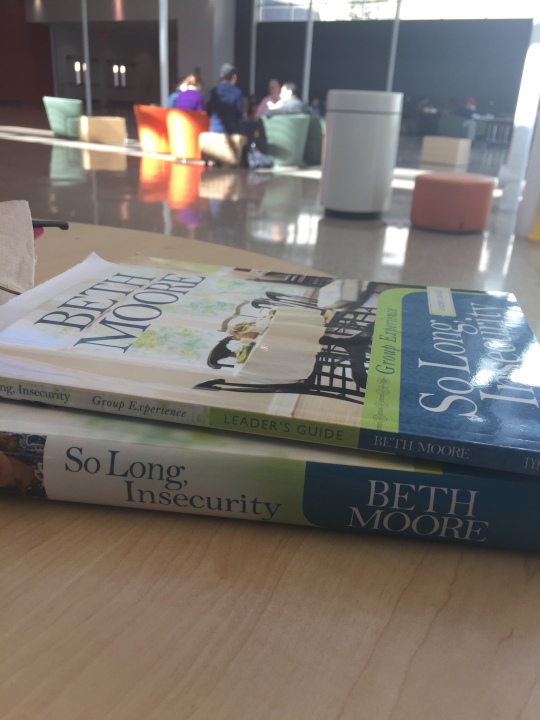
Next month, the goal is to read 3 books, but with it also being the end of the semester I don’t know how much time I will have to read. I’m almost done with book #1 so that’s a good sign. 😉
And if you’re looking for more book posts:
Book(TV)worm Wednesday – March
Bookworm Wednesday – February
Bookworm Wednesday – January
Bookworm Wednesday – December
Bookworm Wednesday – November
Bookworm Wednesday – October
Bookworm Wednesday – September
Books in July
Books (and some Netflix) in June
Books in May
Books in March
Happy reading this fine Wednesday!


